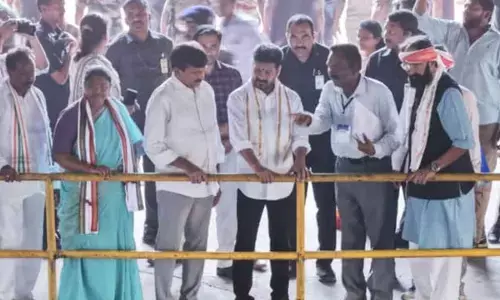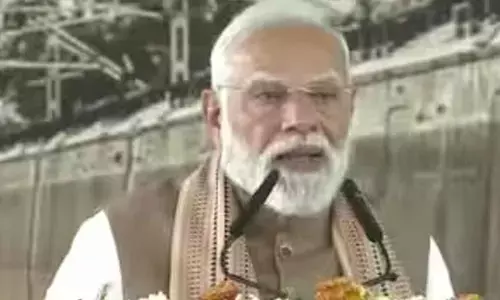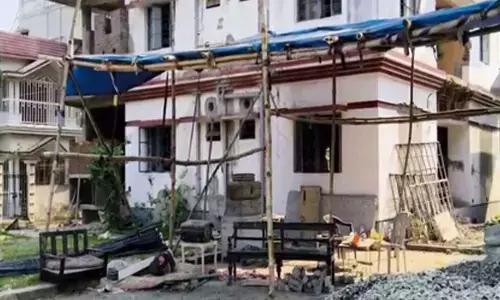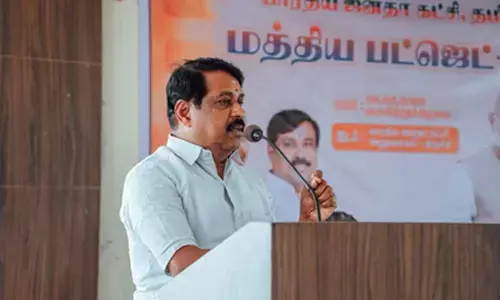Local social media apps best bet

Local social media apps best bet
The recent spat between the Indian government and Twitter highlights the rising influence of social media platforms in this globalised world
The recent spat between the Indian government and Twitter highlights the rising influence of social media platforms in this globalised world. The power of social media to influence public policy was unthinkable a decade ago. But the world has to live with this new reality now. In business or society at large, any monopolistic dominance is never desirable. Too much power in too few hands is always considered evil. Given the capacity of social media to influence public opinion, it is therefore in the larger public interest to create more options for users. This will create effective check and balance within the ecosystem.
In this perspective, the creation of more India-made apps should be actively encouraged. Owing to the Indo-China border conflict last year, the central government banned around 250 Chinese apps including the Byte-Dance-owned short video sharing app, TikTok, and popular video games app PUBG among others. This acted as an immediate trigger for the development of local apps in the country. Desi apps such as Chingari, Dubsmash, Roposo, and many more came into the market and have seen encouraging adoption so far. Though these apps are not as popular as TikTok used to be, consumers have more choices now.
Similarly, the country has also witnessed many local alternatives to the US-based social media giants. Twitter's desi alternative 'Koo' has seen wide adoption within a short period of time. Founded in 2020, the app has reached around 5.4 million downloads so far. The centre is also piloting a social messaging app 'Sandes' only for government officials to maintain data privacy. Recent changes in WhatsApp's privacy policy with more integration with Facebook have created a furore globally. Local social messaging app 'Hike' has emerged as an alternative to the US giant.
Moreover, changes in the geospatial regulations announced by the Indian government are also likely to soon reduce the country's dependency on GoogleMaps. 'MakeMyMap' has tied up with the Indian Space Research Organisation (ISRO) to develop geospatial maps that are likely to be widely used by enterprises. This step will make India self-reliant on mapping space.
These local alternatives indicate that the country can develop its own apps for users through its technological prowess. The creation of such apps not only provides more choices to the consumers, but also promotes Indian startups, thus creating wealth and jobs.
Meanwhile, the central government has come up with norms to regulate the functioning of social media apps. The regulations are intended to check the spread of fake news and hate speech among others. While the pros and cons of such regulations are debatable, there is no doubt that more India-made apps will provide more choices to the consumers and reduce the need for regulations. For a democratic country like India, regulations have their own limitations. If the consumers get more choices, it will automatically democratise the social media ecosystem and remove any possible evil influence of any one platform.











